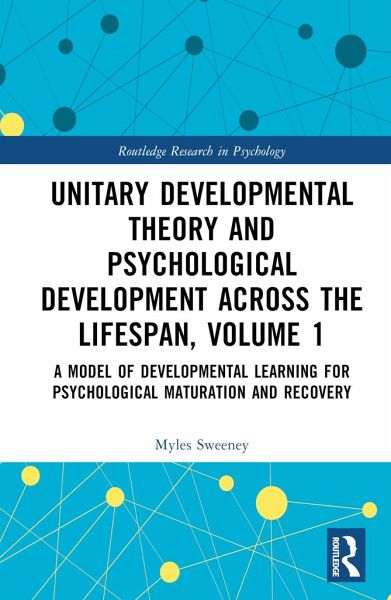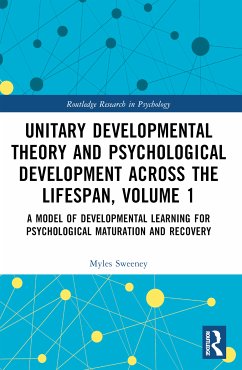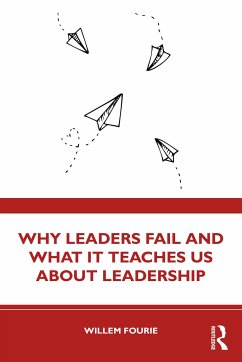
Unitary Developmental Theory and Psychological Development Across the Lifespan, Volume 1
A Model of Developmental Learning for Psychological Maturation and Recovery
Versandkostenfrei!
Versandfertig in 6-10 Tagen
138,99 €
inkl. MwSt.
Weitere Ausgaben:

PAYBACK Punkte
69 °P sammeln!
This book introduces Unitary Developmental Theory (UDT) to the field of psychology. The first of two volumes, it introduces the UDT model and examines its application to psychological development and mental-health recovery.The book presents a comprehensive model of UDT using 15 phases, showing how this model can be applied to fields including psychoanalysis, cognitive psychology and humanist psychology. It outlines how UDT was developed and can be used as an overarching model from which different schools of psychology can extrapolate process, thereby offering improved structure for all types o...
This book introduces Unitary Developmental Theory (UDT) to the field of psychology. The first of two volumes, it introduces the UDT model and examines its application to psychological development and mental-health recovery.
The book presents a comprehensive model of UDT using 15 phases, showing how this model can be applied to fields including psychoanalysis, cognitive psychology and humanist psychology. It outlines how UDT was developed and can be used as an overarching model from which different schools of psychology can extrapolate process, thereby offering improved structure for all types of interventions including mental-health recovery. This book is designed to precede Volume 2 which details the model's equal applicability to organization development.
Offering an innovative way of modeling developmental learning, this book will be of great interest to researchers, scholars and postgraduate students in the fields of developmental psychology, applied psychology and mental-health recovery.
The book presents a comprehensive model of UDT using 15 phases, showing how this model can be applied to fields including psychoanalysis, cognitive psychology and humanist psychology. It outlines how UDT was developed and can be used as an overarching model from which different schools of psychology can extrapolate process, thereby offering improved structure for all types of interventions including mental-health recovery. This book is designed to precede Volume 2 which details the model's equal applicability to organization development.
Offering an innovative way of modeling developmental learning, this book will be of great interest to researchers, scholars and postgraduate students in the fields of developmental psychology, applied psychology and mental-health recovery.














